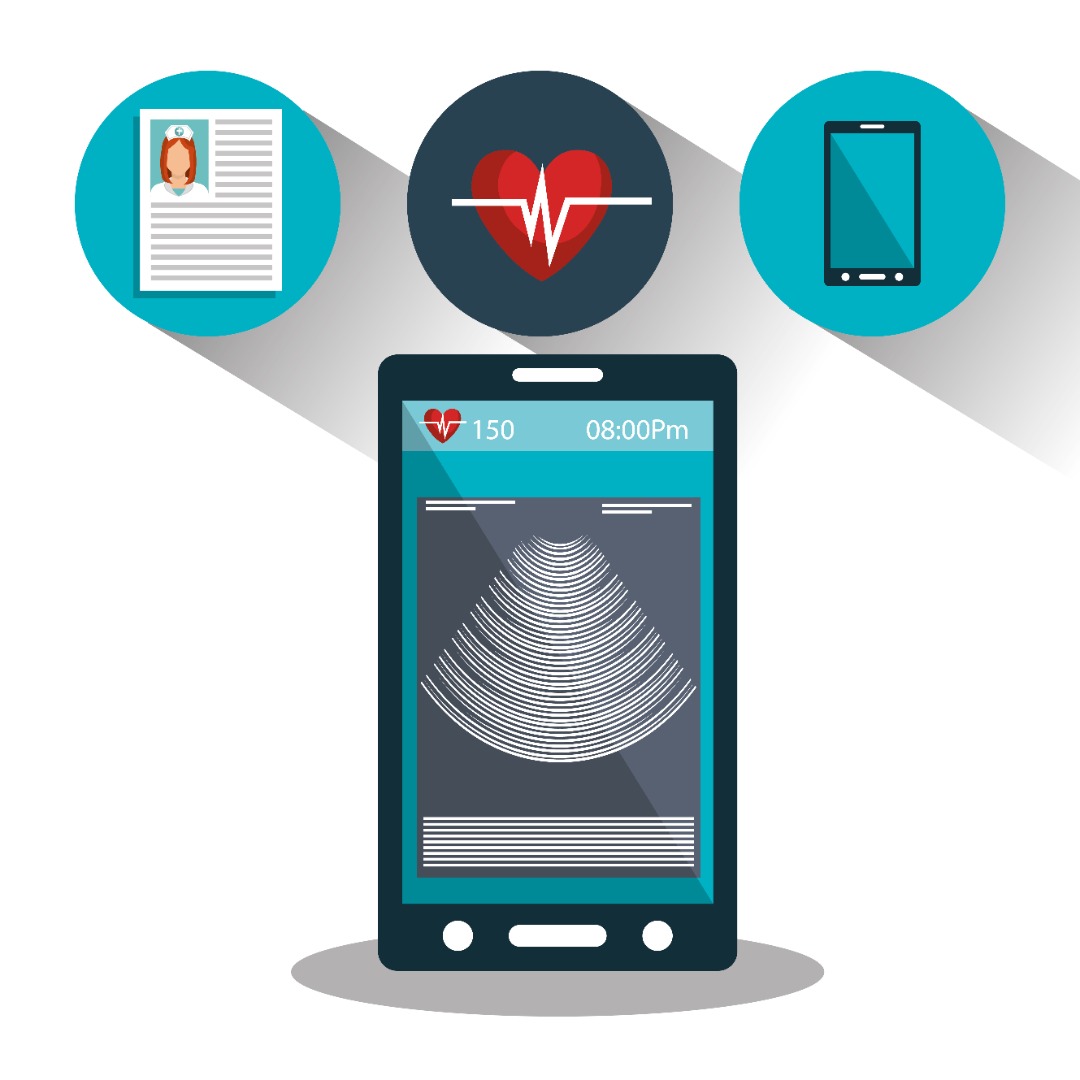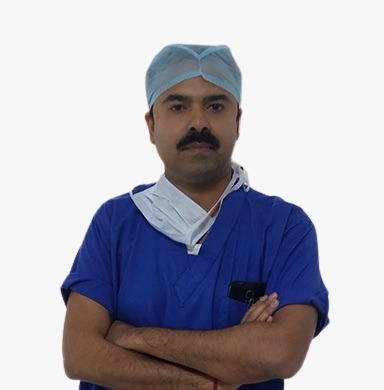When Do Babies Start to Recognize and Remember Their Mothers After Delivery?
 01 September,2025
Read More
01 September,2025
Read More
Enquire now in case of any assistance needed

 23 August,2025
23 August,2025
Ventricular Assist Devices: Procedures, Risks, and Patient Preparation"
Ventricular assist devices
Left ventricular assist device (LVAD)
For some people who cannot have a heart transplant, another option may be a ventricular assist device (VAD). A VAD is a mechanical pump implanted in your chest that helps pump blood from the lower chambers of your heart (ventricles) to the rest of your body.
VADs are commonly used as temporary treatments for people waiting for heart transplants. These devices are increasingly being used as long-term treatment for people who have heart failure but are not eligible for heart transplants. If a VAD doesn't help your heart, doctors may sometimes consider a total artificial heart — a device that replaces the ventricles of your heart — as an alternative short-term treatment while you're waiting for a heart transplant.
Risks
Besides the risks of having open-heart surgery, which include bleeding, infection and blood clots, risks of a heart transplant include:
Rejection of the donor heart. One of the most worrying risks after a heart transplant is your body rejecting the donor heart.
Your immune system may see your donor heart as a foreign object and try to reject it, which can damage the heart. Every heart transplant recipient receives medications to prevent rejection (immunosuppressants), and as a result, the rate of organ rejection continues to decrease. Sometimes, a change in medications will halt rejection if it occurs.
To help prevent rejection, it's critical that you always take your medications as prescribed and keep all your appointments with your doctor.
Rejection often occurs without symptoms. To determine whether your body is rejecting the new heart, you'll have frequent heart biopsies during the first year after your transplant. After that, you won't need biopsies as often.
Primary graft failure. With this condition, the most frequent cause of death in the first few months after transplant, the donor heart doesn't function.
Problems with your arteries. After your transplant, it's possible that the walls of the arteries in your heart could thicken and harden, leading to cardiac allograft vasculopathy. This can make blood circulation through your heart difficult and can cause a heart attack, heart failure, heart arrhythmias or sudden cardiac death.
Medication side effects. The immunosuppressants you'll need to take for the rest of your life can cause serious kidney damage and other problems.
Cancer. Immunosuppressants can also increase your risk of developing cancer. Taking these medications can put you at a greater risk of skin cancer and non-Hodgkin's lymphoma, among others.
Infection. Immunosuppressants decrease your ability to fight infection. Many people who have heart transplants have an infection that requires them to be admitted to the hospital in the first year after their transplant.
How you prepare
Preparations for a heart transplant often begin weeks or months before you receive a donor heart.
Taking the first steps
If your doctor recommends a heart transplant, you'll likely be referred to a heart transplant center for evaluation. Or you can select a transplant center on your own. Check your health insurance to see which transplant centers are covered under your plan.
When evaluating a heart transplant center, consider the number of heart transplants a center performs each year and the survival rates. You can compare transplant center statistics using a database maintained by the Scientific Registry of Transplant Recipients.
You should also check to see if a transplant center offers other services you might need. These include coordinating support groups, assisting with travel arrangements, helping you find local housing for your recovery period or directing you to organizations that can help with these concerns.
Once you decide on a center, you'll need to have an evaluation to see if you're eligible for a transplant. The evaluation will check to see if you:
Have a heart condition that would benefit from transplantation
Might benefit from other, less aggressive treatment options
Are healthy enough to undergo surgery and post-transplant treatments
Will agree to quit smoking, if you smoke, and stop using alcohol and recreational drugs
Are willing and able to follow the medical program outlined by the transplant team
Can emotionally handle the wait for a donor heart
Have a supportive network of family and friends to help you during this stressful time
Waiting for a donor organ
If the transplant center medical team determines that you're a good candidate for a heart transplant, the center will put you on a waiting list. The wait can be long since there are more people who need hearts than donors. Finding a donor depends on your size, your blood type and how sick you are.
While you're on the waiting list, your medical team will monitor your heart and other organs and adjust your treatment as necessary. The team will help you learn to care for your heart by eating well and being active.
If medical therapy fails to support your vital organs as you wait for a donor heart, your doctors might recommend that you have a ventricular assist device (VAD) implanted to support your heart while you wait for a donor organ. The devices are also referred to as bridges to transplantation because they gain you some time to wait until a donor heart is available.
Immediately before your transplant surgery
A heart transplant usually needs to occur within four hours of organ removal for the donor organ to remain usable. As a result, hearts are offered first to a transplant center close by and then to centers within certain distances of the donor hospital.
The transplant center can provide you with a pager or cellphone to notify you when a potential heart is available. You must keep your cellphone or pager charged and turned on at all times.
Once you're notified, you and your transplant team have limited time to accept the donation. You'll have to go to the transplant hospital immediately after being notified.
As much as possible, make travel plans ahead of time. Some heart transplant centers provide private air transportation or other travel arrangements. Have a suitcase packed with everything you'll need for your hospital stay, as well as an extra 24-hour supply of your medications.
Once you arrive at the hospital, your doctors and transplant team will conduct a final evaluation to determine if the donor heart is suitable for you and if you're ready for surgery. If your doctors and transplant team decide that either the donor heart or surgery isn't appropriate for you, you might not be able to have the transplant.

Senior Consultant
Medicine Specialist

Senior Consultant
Neurologists

Chief
Cardiothoracic and Vascular Surgeons

Director
Nephrologist

Consultant
Orthopedic and Joint Replacement Surgeons

Director
Neurologists

Senior Consultant
Medical Oncologists

Head of Department (HOD)
Liver Transplant Surgeons

Head of Department (HOD)
Urologist

Head of Department (HOD)
Urologist
Fill up the form and get assured assitance within 24 hrs!
The Art of Effective Communication
 01 September,2025
Read More
01 September,2025
Read More
 01 September,2025
Read More
01 September,2025
Read More
 01 September,2025
Read More
01 September,2025
Read More
 01 September,2025
Read More
01 September,2025
Read More
 01 September,2025
Read More
01 September,2025
Read More
 31 August,2025
Read More
31 August,2025
Read More
 31 August,2025
Read More
31 August,2025
Read More
 31 August,2025
Read More
31 August,2025
Read More
 31 August,2025
Read More
31 August,2025
Read More
 31 August,2025
Read More
31 August,2025
Read More
Trusted by Patients
"I am Asim from Bangladesh and was looking for treatment in India for neuro. I visited many websites to get the complete information regarding the treatment but I was not satisfied as I was getting confused. In the meanwhile, one of my friends suggested I seek help from MyoPlus as he experienced his medical journey very smoothly and was satisfied with it. They have filtered the top 10 doctors as per experience, the success rate of surgery & profile, so it helps us to choose the best treatment in India. "
"For my knee surgery, MyoPlus guided me to BLK Hospital where I received exceptional care. The team's support and the expertise at BLK Hospital exceeded my expectations. Thank you MyoPlus for making my medical journey stress-free. "
"I came from Iraq for my granddaughter's eye surgery in India facilitated by MyoPlus, due to critical cases they advised us to get a second opinion from the different hospitals before going to surgery. Finally, we went to Fortis Escort Hospital, which helped us to get more confidence for diagnosis. Fortis Escort Hospital has the best eye surgeon team with the latest instruments. Thanks to all team members for providing a high-quality treatment in India at an affordable cost. "
"I came for my hair transplant in India, before coming I was so confused about choosing the best clinic and surgeon for me. But thanks to God one of my friends had a hair transplant in India through MyoPlus. He recommended me to go with them. I am completely happy with my experience with them. They were always very fast in their responses to me. the success rate of my hair transplant surgery is 100%."
"Artemis Hospital, suggested by MyoPlus, turned out to be a great choice for my treatment. The personalized assistance and medical care were exceptional. I'm grateful to MyoPlus for guiding me to a hospital that perfectly matched my needs. Highly recommended! "
"I came from Afghanistan for my treatment in India at Jaypee Hospital, Noida. I had a fantastic experience with MyoPlus. Kudos to them for their incredible support during my medical journey. They not only took care of all the logistics but also connected me with a fantastic healthcare team. Efficient, caring, and highly recommended for a hassle-free medical tourism experience."
"I am Adam from Kano, Nigeria, one of my friends from Nigeria was facilitated by MyoPlus, and he recommended us to go with them. I sent my all reports to them and within 48 hours they reverted with 4 options from different hospitals. They helped me to get a Visa letter from the hospital, arrange pick-up from the airport, and book a hotel for me. Their team is very honest and throughout our stay in India they are with us they are caring for us like his family members. BLK Hospital is the best hospital in India with a top surgical oncologist surgeon team, a very advanced OT, and a Radiotherapy department. I wish more success to MyoPlus. "
"Great experience at the Max Hospital for my spine surgery and was successfully done. I thank my neurosurgeon and his entire team. I recommended all of my country's people to MyoPlus for treatment in India, they choose the best hospital, the best doctors, and the best cost for patients."
"I came to India from Dhaka, Bangladesh for my father-in-law's cardiac surgery at Fortis Hospital. I was confused about choosing the best surgeon for him before coming, but their team helped me to choose the best hospital and best cardiac surgeon in India with very good cost and 100% success rate of surgery. I am very happy with the services, really they make my journey so comfortable that make me feel at home. Thanks again and I like people to choose "MyoPlus" as your travel guide. "
"I am Mohammad from Bangladesh came to India for my general health checkup. MyoPlus offers me the complete package including Pick-up from the airport, hotel services, and 24-hour assistance. They guide you to choose the best hospital in India, the best cost of treatment with top-most doctors and give you complete information about hotel booking, and pick-up from the airport before coming to India They have the best team to help. Always choose MyoPlus for your treatment in India."